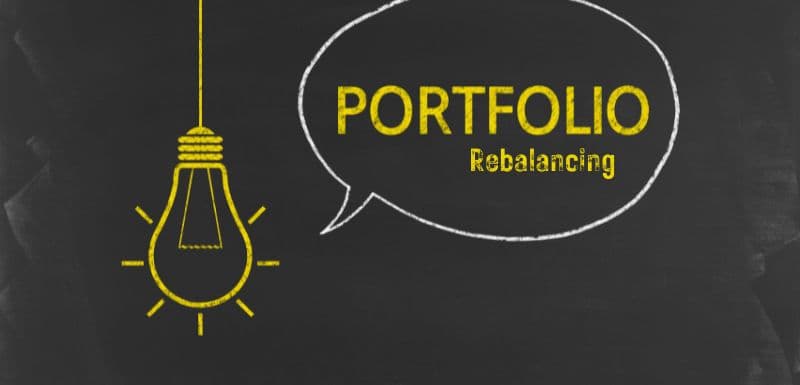The 5 things all great Advisors expect from their Clients

While much has been said about the traits of great Financial Advisors, the fact remains that the Client-Advisor relationship is a deeply symbiotic one, whose long-term success is contingent upon the attitudes and actions of both parties involved. Here are the five things that your Financial Advisor expects from you to ensure that your investing experience a great one.
Patience
Financial Planning is a journey, not a destination. Along the way, there are bound to be many euphoric crests and dispiriting troughs. While a great Advisor will do all that she can do hand hold you and keep you aligned to the big picture, her efforts will fall flat in the face of impatience on your part. As an investor, it’s imperative that you give an adequate amount of time to your investments, without being swayed by short term market movements. Remember, your patience will give your Advisor the requisite bandwidth to take better long-term decisions on your behalf.
Trust
Few things impinge upon an Advisor’s efforts as much a trust deficit does. If you’re going to take her recommendations and run it past your banker (a salesperson), your LIC agent (a salesperson) and your well-meaning uncle (a little bit of knowledge is a dangerous thing!) before proceeding, you’ll have a hard time creating any wealth at all. While no Financial Advice is bulletproof, remember that a conflict-free Advisor is in a much better position to take the right investment calls. Ask all the questions you need to in order to build trust in your Advisor’s intent and competence; but once you do, take the plunge and hand over the steering wheel in toto, for best results.
Discipline
If only we had a Rupee for every time that a Financial Plan crumbled in the face of indisciplined investing! Things like – stopping and starting your systematic investments, making futile efforts at timing the market, redeeming your Goal Based Investments to fund short term ‘wants’ while sacrificing long term ‘needs’ – all constitute acts of indisciplined investing that lead to great consternation for an Advisor who is as invested in your long term goals as you are. Being a disciplined investor allows your Advisor to frame and execute a robust Financial Plan that leads to the achievement of your goals in the long run.
Focus
Remember, even a great Advisor’s efforts will amount to nothing if you suffer from investment ADHD (Attention Deficit Hyperactivity Disorder). An NFO here, a short-term gamble there… and before you know it, you’ll have a scattered portfolio of Financial Assets that’s beyond repair. The best Advisors will expect you to follow a goal-oriented approach to your investments. That involves sitting down together and mapping your goals, prioritizing them, and then aligning your current as well as future investments to them. Your goals firmly in place, your Advisor will have a much higher chance of succeeding if you stay focused and keep your ‘eyes on the prize’!
Responsiveness
Last, but not the least – great Advisors expect your time and commitment. That involves making time for important discussions such as periodic goal reviews and portfolio reviews. Once discussed and agreed upon, your Advisor will expect you to be swift with change executions as well. A lack of responsiveness on your part can result in your missing out on tactical entry opportunities as well as important, time-bound exit recommendations during tempestuous market cycles such as the one we witnessed when we first started grappling with COVID-19. When your Advisor calls, do make sure that you answer!
Get started with India’s leading Financial Advisors. Contact us today.
Your Investing Experts
Relevant Articles
Top Tips for Successful Investment Portfolio Management
We have all heard the well-known phrase: “Don’t put all your eggs in one basket”. The phrase applies to many aspects of life, including investments. If you put all your money in a single asset class or security, and its value falls sharply or goes bust, you will incur significant losses or lose all your money. Hence, you need to build a diversified investment portfolio and manage it well. In this article, we will understand what is investment portfolio management, how to build and manage an investment portfolio.
Portfolio Rebalancing: What Is It and How to Do It
As of August 2024, the stock markets are trading near all-time high levels. In the last one year (as of 31st July 2024), the Nifty 50 Index has risen 26.31%. The Nifty Midcap 150 Index, with 54.60% returns, and the Nifty Smallcap 250 Index, with 58.06% returns, have done even better. During the same period, fixed income has been steady, with most debt instruments giving 7-9% returns. As a result, an investor's asset allocation would get skewed in favour of equities. Hence, the investor needs to do portfolio rebalancing. In this article, we will understand what portfolio rebalancing is, why, when, and how you should do it.
The 5 things all great Advisors expect from their Clients
While much has been said about the traits of great Financial Advisors, the fact remains that the Client-Advisor relationship is a deeply symbiotic one, whose long-term success is contingent upon the attitudes and actions of both parties involved. Here are the five things that your Financial Advisor expects from you to ensure that your investing experience a great one.
.png)

